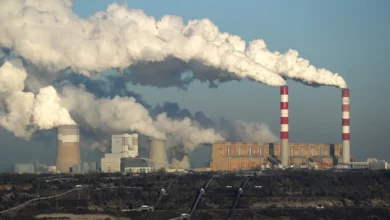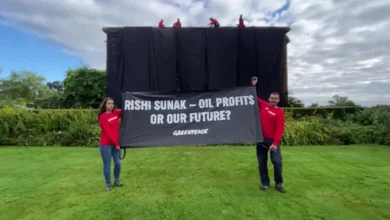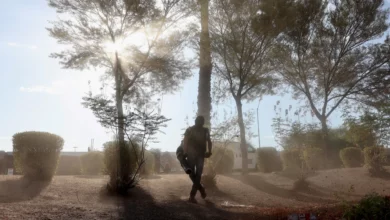After two weeks of difficult negotiations between more than 190 nations at the climate talks in Cancun, the multilateral process finally proved that it can deliver. There is much to criticize in the so called “Cancun Agreements” that were produced in the early hours of Saturday morning but this outcome was strong enough to restore faith in the UN climate change negotiation process, and it laid the tentative groundwork for a global agreement to be finalized at next year’s summit in South Africa. Civil society from around the world welcomed the important progress made, though many are cautious because some of the very difficult issues have been postponed till next year’s negotiations round.
Cancun did answer crucial questions and agreement was reached on several sticky points, such as establishing a new Green Climate Fund, setting rules on transparency, developing a mechanism to reduce emissions from deforestation, initiating a new framework on adaptation to climate change impacts, and agreeing on a periodic review process for long-term targets. Still, a lot more work remains and some big political questions need to be answered, such as will the Kyoto Protocol be extended, what are the sources of finance for the new fund and will developed countries meet the 2 degrees warming limit.
The Cancun Agreements came as a pleasant surprise for everyone still feeling the disappointment from Copenhagen, and proved that all those who doubted the multilateral system were wrong. It showed that multilateral negotiations can produce results when there is political will. The UNFCCC is back at the heart of shaping the global response to climate change and delegates are leaving Cancun with a renewed sense of trust and purpose. The main reason behind the success was the Mexico’s transparent and inclusive guidance of the negotiations, which helped bring governments together and build trust, especially on thorny issues.
It was also clear that many countries had done their homework and came to Cancun in a spirit of compromise. Most parties were determined to make progress and demonstrated a willingness for strong domestic actions, such as the United Kingdom’s proposal to cut emissions by 60 percent from 1990 levels by 2030. Arab countries also presented progressive initiatives, such as Lebanon’s plan to establish a climate change unit, Egypt’s solar energy projects and the UAE’s research in renewable energy technologies.
Now, Arab delegates must return home and develop national plans to curb climate change. They must bring these actions into the international process if we are to truly secure an agreement in South Africa that meaningfully addresses dangerous climate change and helps vulnerable communities adapt. Lebanon must continue on the path of developing its low-carbon development plan, and so must other Arab countries.
Arab countries must also work on building new alliances in the coming year. Cancun saw the emergence of a progressive coalition of countries working to broker compromise. The Cartagena Dialogue, with leadership from Costa Rica, Colombia, AOSIS, the UK, Germany, and Malawi came forward as a powerful new force. Arab countries have strong relations with Europe, Africa and other developed and developing countries and are also able to create a strong progressive alliance. There are already such opportunities available, such as the Mediterranean Climate Change Initiative started by the Greek government. It calls on all the Mediterranean countries to have a common climate change position in the international arena.
The outcome in Cancun wasn’t enough to save the world’s climate, but it did clear key hurdles. If the achievements of Cancun are repeated in South Africa next year then we may possibly achieve the needed deal.
Wael Hmaidan is the Executive Director of IndyACT – The League of Independent Activists in Beirut, Lebanon.




